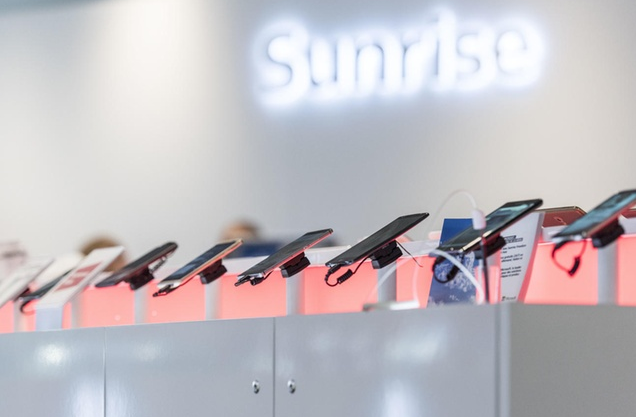
© Ocusfocus | Dreamstime
Switzerland’s federal council, the country’s seven-person executive or cabinet, has come up with a plan to cut those exorbitant mobile roaming phone bills that many of us return home to after trips abroad, an experience which hurts even more now roaming charges have been eliminated for EU residents.
The roaming proposal is part of a wide-ranging revision to Switzerland’s telecommunications laws, the first since 2007. The updated laws would give the government new tools to tackle excessive roaming charges.
The report that comes with the proposed revision says excessive Swiss roaming charges are evidence of a lack of competition. Because roaming comes as part of a package consumers cannot shop around and buy it separately. This leaves operators free to charge away.
Rip-off roaming
The report starts by showing the wide differences between Swiss and EU roaming costs.
While many with expensive monthly subscriptions have benefited from falling roaming charges the 37% (2015) on prepaid plans are still hit hard when they travel. Even those on subscriptions would need to pack in a lot of chat to make their plans pay.
For many years, even before EU roaming charges were eliminated in June this year, roaming prices were capped across the EU. Compared to these maximums, calls made while in the EU on a Swiss phone were on average 1.8 times these levels, and the prices of calls received while in the EU on a Swiss phone were 2.7 times the cost. And Swiss SMS roaming costs were 2.8 times this benchmark.
On the other hand, Swiss data roaming prices are broadly in line with EU ones, says the report.
Unpacking the price
Roaming charges have two parts. The wholesale price charged by foreign networks to Swiss operators, and the margin the Swiss operator adds on top.
One option considered by the federal council was a limit on roaming margins. Every operator negotiates different wholesale roaming deals with foreign operators. Some have more bargaining power than others. Limiting margins was seen as a way to fix the problem without harming operators, however in the end it was dropped because of the complexity of monitoring every wholesale roaming deal.
A Swiss-EU bilateral agreement
An agreement that sets EU roaming rates at local prices is another option included in the proposed revision. This would set prices in both directions and essentially make Switzerland part of the new EU deal on roaming. It would require a Swiss-EU bilateral agreement, which would need to be negotiated and agreed by many parties. It could take some time to realise and may never happen.
Forcing price plans
In the absence of a bilateral deal, there is a provision to require Swiss operators to offer packages with special roaming tarifs that would be compared across providers. These could be applied to prepaid plans.
Local breakout
Another clause allows the government to force Swiss operators to allow their customers to buy roaming from third party providers abroad.
Charging by the second not the minute
Currently Swiss operators charge for call roaming by the minute and for data by the Mo. One element in the proposal would give the government the power to require operators to charge by the second and for every 10 kilo-octets. This change alone could save consumers an estimated CHF 120 million per year collectively.
Missing out on dividends
The report considers the impact of changes on government receipts. The Swiss state is Swisscom’s largest shareholder. Anything that reduces Swisscom’s revenue has the potential to hit government coffers. On this point the federal council is sanguine. It doesn’t think the loss of roaming revenue will affect either Swisscom’s share price or it dividends.
We’ll call you
The document has now been passed to Switzerland’s parliament for the next round of discussion.
Hopefully the plan will survive parliamentary debate and turn into concrete savings for Swiss mobile users.
Full story here Are you the author? Previous post See more for Next post
Tags: newslettersent,Swisscom






































